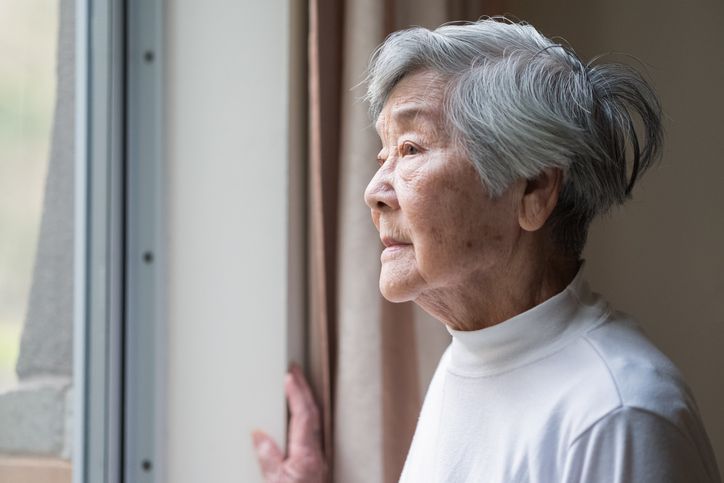Symptom management in Alzheimer’s helps people remain independent for longer.
Alzheimer’s disease is a progressive neurodegenerative condition affecting more than one in every nine Americans over 65. With strategic management of Alzheimer’s symptoms — which can include a combination of FDA-approved treatments, non-drug interventions and approaches to Alzheimer’s care — people may live relatively independent lives for years or even decades after an Alzheimer’s diagnosis.
There are several FDA-approved drugs for the disease’s symptoms, like memory loss, difficulty learning new information, and trouble with spatial awareness. Managing symptoms throughout the disease can help people live independently for longer.
Beyond medications, home modifications and community-wide dementia-inclusive design can also help people with Alzheimer’s live independently for longer. Here are a few.
Managing cognitive symptoms of Alzheimer’s
Two types of symptom-management drugs are available for treating the later stages of Alzheimer’s.
Aricept, Exelon, and Razadyne are cholinesterase inhibitor drugs, while Namenda is an NMDA receptor inhibitor. Cholinesterase inhibitors prolong the activity of an important brain signaling molecule called acetylcholine. NMDA receptor inhibitors help prevent brain cells from firing too often and damaging themselves.
Through these effects, these drugs boost cognitive function, making it easier for people with Alzheimer’s to go about their daily lives. Some of these treatments also come as patches applied to the skin, reducing unpleasant side effects like nausea and diarrhea. Another drug in development hopes to turbocharge the effect of Aricept to boost its cognitive benefits.
Managing psychiatric symptoms of Alzheimer’s
Dr. Paula A. Rochon, professor at the Women’s College Hospital, told Being Patient that non-pharmacological approaches should be tried first for treating symptoms like depression or agitation in older adults and persons living with dementia.
“Sometimes these symptoms are a response to an underlying medical condition, discomfort or unmet basic needs,” Rochon said. “As such, a comprehensive assessment by a dementia care team is invaluable to guide the development of a tailored management plan.”
Some strategies for treating these symptoms include:
- Reminiscence therapy which uses different images, sounds, smells, touch, and other modalities to help dementia patients recall parts of their memory.
- Listening, dancing, or singing along to familiar music
- Therapeutic interactions with real and robotic pets
Patients may be prescribed drugs when these options don’t work. In addition, Rexulti was recently approved by the FDA specifically for treating agitation in dementia. Other medications, such as antidepressants and antipsychotics — designed to treat anxiety, depression, and schizophrenia — may also be prescribed off-label to manage symptoms.
Dementia-inclusive activities and design
As people progress to the later stages of Alzheimer’s disease, it becomes harder to keep safe at home. Many simple changes can help reduce confusion, agitation, and disorientation.
Some tips include:
- Clearing floor clutter to prevent falls
- Installing guardrails
- Using clear labels for rooms and important objects to reduce confusion
- Improving lighting and contrast in the home
Grant Warner, who specializes in designing senior living spaces for the architectural firm HKS, makes suggestions to improve kitchen safety. People may forget to turn off the stove for hours on end, which causes smoke or fires. Automatic shut-off options and fire extinguishing systems help protect the patient.
Other communities, airports, and even supermarkets are being designed with dementia awareness in mind. This reduces social isolation, ensuring people can function and remain independent for longer.
Treating Alzheimer’s root cause
So far, there are two FDA-approved drugs that may slow the course of the disease — Leqembi and Aduhelm. Because these drugs are specifically approved for people in the earliest stages of the disease, many people who are diagnosed once symptoms are already quite present don’t get a diagnosis early enough to qualify for these drugs.
In the later stages of Alzheimer’s disease, memory loss and other impairments become more severe. Fortunately, there are science-backed approaches that help people live independently for longer.
As research reveals more about the disease, how it progresses through the brain, and how to treat and manage it, options to improve the quality of life for people with a diagnosis continue to expand.























